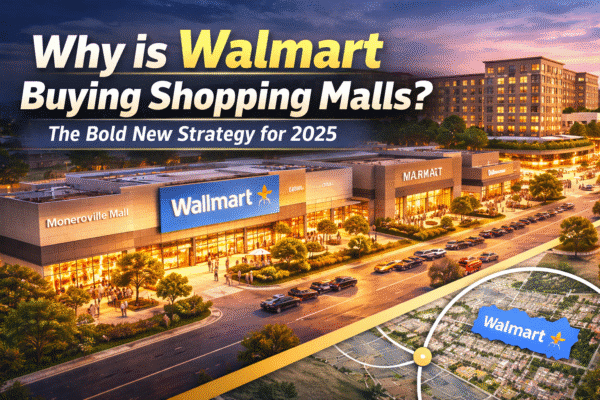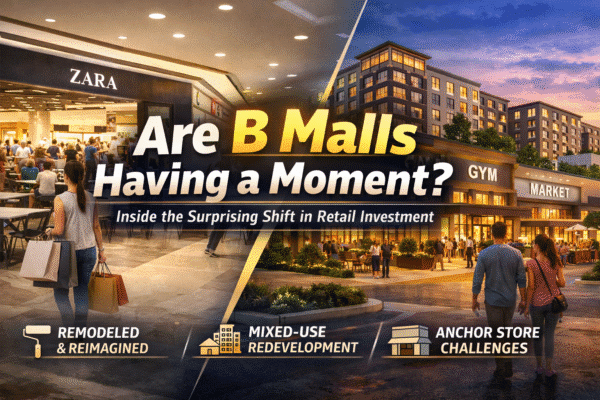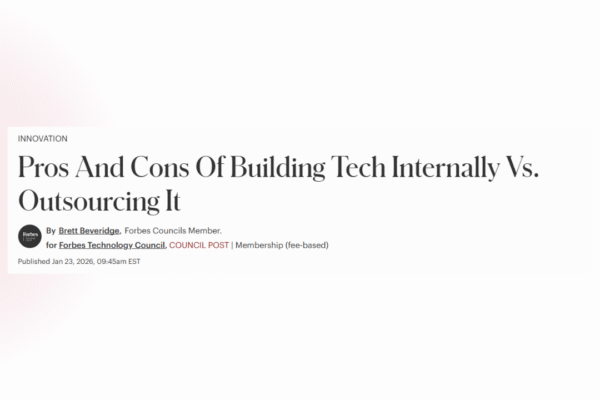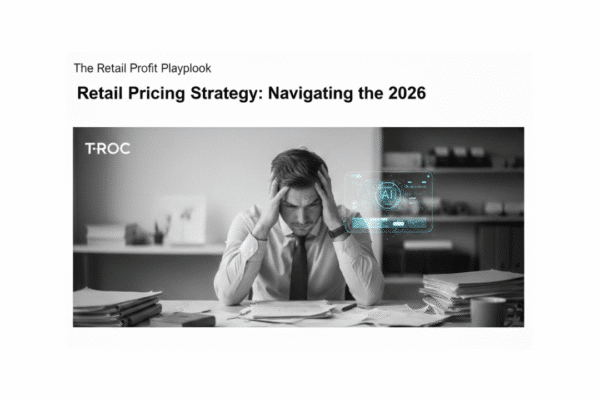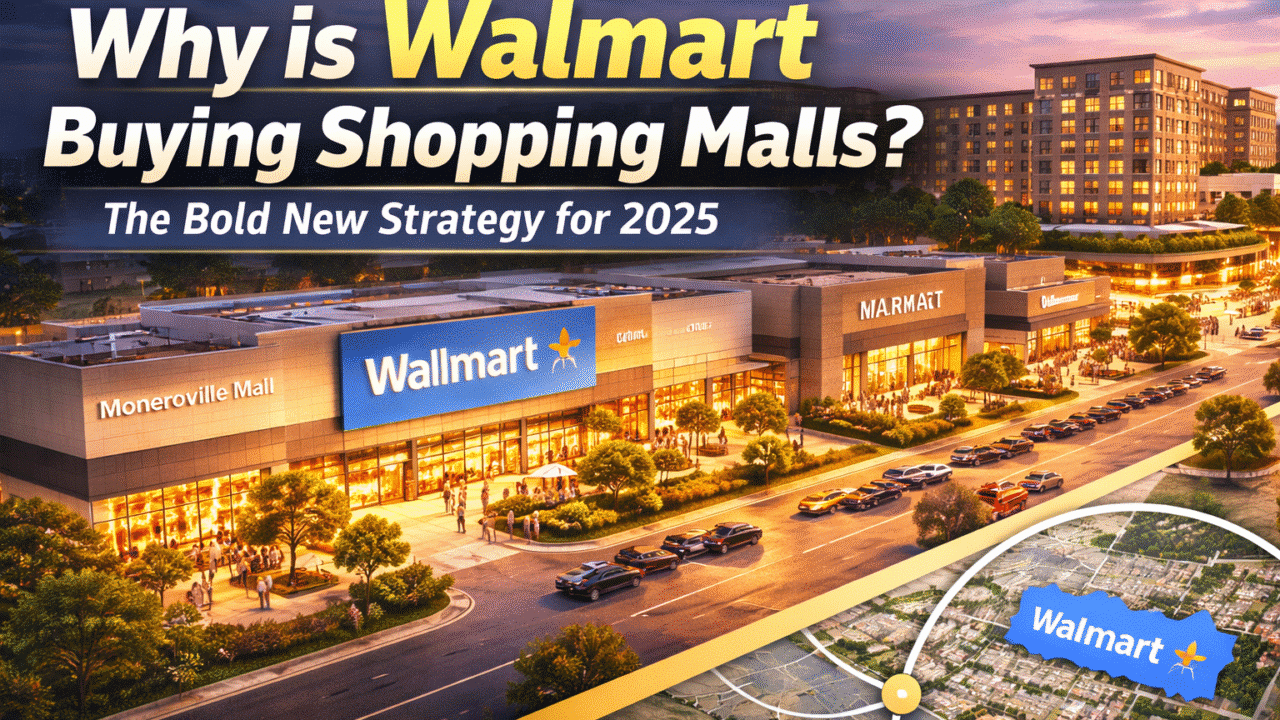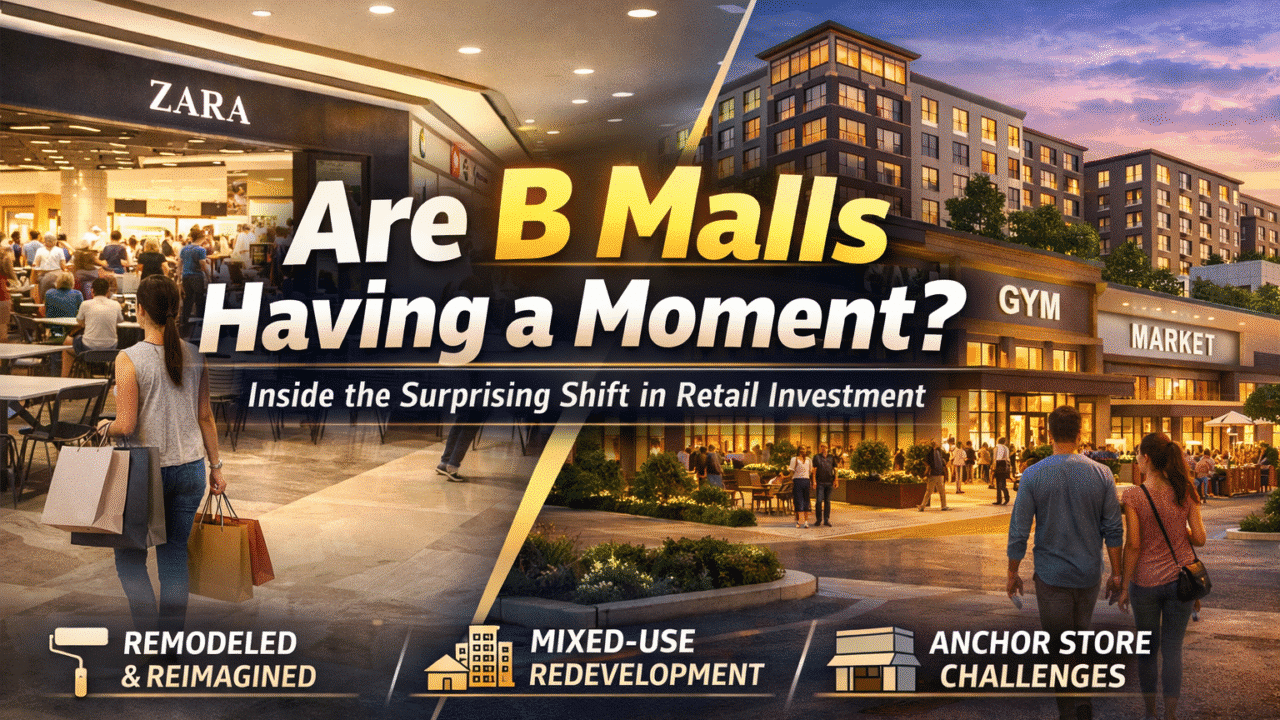
Understanding Customer Engagement Software
In the world of contemporary business, where customer relationships hold the key to success, the introduction of customer engagement software marks a transformative shift.
Beyond mere transactions, businesses aim to establish genuine connections with their clientele. Customer engagement software emerges as a crucial player in this narrative – a tool crafted to orchestrate personalized, seamless, and memorable experiences. It’s more than a technological solution; it’s the gateway to a realm where businesses and customers connect on a deeper, more meaningful level.
Understanding Customer Engagement Software
Customer engagement software is designed to foster a robust and positive relationship between businesses and their clients. This relationship is built by facilitating and enforcing insightful, relevant, and personalized interactions. There’s no doubt that customer engagement platforms play a significant role in enhancing customer communication across different channels, such as social media, live chat, email campaigns, and even in-app messaging.
It’s undeniable that as businesses grow, there’s a need to automate and streamline customer interactions. This need is fueled by the necessity to provide seamless and exceptional customer experiences. The contact center platforms enable this, enhancing the capacity for the customer support team to manage customer data, track the customer journey, and ensure positive customer touchpoints. Workflow automation not only reduces the work-load on customer support but also boosts efficiency and productivity.
Today, contact center platforms have become the backbone of many businesses. The benefits they bring translate to better customer relationships, higher customer loyalty, and, ultimately, increased business profitability. The right customer engagement platform can turn a business into a powerhouse of excellent customer service.
Definition of Customer Engagement
Customer engagement involves creating ongoing connections between a company and its customers. These connections occur across multiple channels and influence the customer’s behavior towards and loyalty to a company. In short, customer engagement is about ensuring a lasting and profitable relationship between businesses and their clients. Customer engagement software plays a significant role in building and maintaining these relationships.
Importance of Effective Customer Engagement
Effective customer engagement is crucial for any business. It has the power to drive customer loyalty, increase customer experience, and create lasting relationships, thus making its importance undeniable. The use of customer engagement platforms makes it easier for businesses to maintain constant communication with customers.
These platforms allow businesses to offer omnichannel support, ensuring that customers are attended to, regardless of their preferred communication channel. Whether it’s via a live chat, email, phone call, or social media, the support team can offer relevant and timely help. This form of support not only enhances customer satisfaction but also improves the overall customer experience.
Customer engagement also plays a crucial role in building brand recognition and trust. Quality and regular customer interaction significantly influence consumers’ perception of a brand. The right engagement software can help create a favorable image and hence, a stronger customer relationship.
Role of Technology in Customer Engagement
Technology has played a significant role in reshaping and enhancing customer engagement. Businesses today use customer engagement software for a seamless and automated approach to customer interactions. The technology also helps in tracking customer journeys, capturing customer data, and thus delivering personalized services.
Modern contact center platforms come with features that support workflow automation, reporting dashboards, knowledge bases, proactive messaging, and even app guides. These features facilitate efficient and effective support, ensuring that team members don’t have to focus on repetitive tasks but can instead focus on complex customer issues that can impact customer loyalty and brand reputation.
As businesses continue to evolve, so does customer engagement software. We see the emergence of AI-powered customer engagement platforms that can intelligently automate engagements and deliver personalized customer experiences. Businesses that want to stay ahead of the curve should, therefore, always consider the tech stack their preferred platform offers.
Different Types of Customer Engagement Software
Today’s digital marketplace demands constant customer engagement. By leveraging the right customer engagement software, businesses can efficiently interact with their customers across multiple channels and offer them a personalized experience. These tools help gather customer data to generate impactful insights and automate repetitive tasks, thus enhancing customer experience and boosting brand loyalty. Here’s a look at some of the different types of customer engagement software.
Customer Relationship Management (CRM) Systems
Customer relationship management (CRM) systems have emerged as an essential tool in any customer engagement platform. This customer engagement software enables businesses to manage all customer interactions and data throughout the customer journey. This powerful platform offers comprehensive customer relationship solutions, capturing every customer touchpoint, from social media to live chat and email campaigns.
CRMs also offer workflow automation, helping your customer support team efficiently manage queries, feedback, and complaints. A good CRM can centralize your customer communications, providing omnichannel support that your customer service team will greatly appreciate. Your team members can leverage this tool to better understand customer behavior and preferences, thereby improving customer engagement. Paid plans start with basic functionality, but a CRM’s tech stack often includes additional engagement tools like app messaging and app guides in more extensive packages.
CRM systems also come with reporting dashboards that present customer data in an easy-to-understand manner, enabling marketing teams and support teams to make informed decisions. Some CRM systems offer a free trial, so it’s worth exploring to see if they are a fit for your organization.
Email Marketing Software
Email marketing software is a type of customer engagement platform aimed at reaching out to customers via the most traditional yet effective communication channel: email. This software allows businesses to manage and automate email campaigns, thus helping to boost customer engagement. An email campaign managed through email marketing software can be personalized according to customer data, greatly improving the customer experience.
A well-structured email not only increases visibility but also builds a relationship with the customer. Depending on the sophistication of the software, companies can also track interactions and conversions resulting from the email. This feedback forms an integral part of customer data used for subsequent campaigns. Most of these platforms offer integrated analytics tools for detailed reports and analysis.
Many email marketing tools also feature built-in templates and design tools to create eye-catching emails without requiring heavy development resources. Most importantly, businesses can use analytics provided by these tools to determine the effectiveness of their email campaigns and make necessary adjustments to improve customer engagement.
Social Media Engagement Tools
In this era, social media engagement is crucial for any business’s success. Recognizing this, many customer engagement platforms have integrated social media engagement tools into their offerings. These tools allow companies to schedule posts, respond to comments and messages, and even monitor their brand mentions across a variety of social media platforms in one place.
Effective use of these tools can drastically improve customer engagement, foster brand loyalty, and increase conversions. They also make it possible to record and analyze customer data from social channels, feeding into a clearer picture of the customer journey. These platforms are an asset to any customer support team, integrating with existing contact center platforms and tools like live chat and knowledge bases.
Using social media engagement tools can also reduce response times, keeping potential and existing customers happy and engaged. With these tools, businesses can develop a more holistic engagement strategy encompassing a multitude of communication channels.
Multichannel Marketing Platforms
Multichannel marketing platforms offer businesses the ability to engage with customers across numerous channels – whether it’s through email, social media, mobile, apps, or live chats – all from one central platform. This type of customer engagement software offers a seamless and consistent experience to customers, regardless of the channel they choose to interact with a business.
In addition to being efficient, these platforms allow for consistent branding and messaging across all channels. This consistency positively impacts the customer experience, leading to increased customer satisfaction and loyalty. Furthermore, multichannel marketing platforms provide businesses with detailed insights into the performance of each communication channel, enabling them to make informed improvements.
Given the multitude of customer interactions these platforms can handle, multichannel marketing platforms may also offer automated functionalities, such as sending a follow-up email after a customer has made a purchase. By marrying convenience with functionality, these platforms serve as helpful tools that enhance customer engagement and drive business growth.
Key Features of Customer Engagement Software
Customer engagement platforms offer various features that aid in proactive messaging, workflow automation, and managing customer support teams. Core components such as automation for efficient customer journey management, analytics for tracking customer interaction, and personalization for an enhanced customer experience are what set these platforms apart.
Automation for Efficient Customer Journey Management
One of the key features of a customer engagement platform is its ability to automate tasks for more efficient customer journey management. With workflow automation, processes like routing customer inquiries to the right team members and sending follow-up emails are effortless. This hands-free operation allows support teams to focus more on problem-solving and less on administrative duties.
For instance, a customer support team using engagement software might utilize automated email campaigns to remind customers of abandoned shopping carts. Additionally, through app guides offered by the platform, tasks like onboarding new customers could be automated. Over time, with such automation, businesses see increased productivity, improved customer engagement, and lower operational costs.
Analytics for Tracking Customer Interaction
Another valuable feature of customer engagement platforms is the provision of robust analytics. These reporting dashboards monitor and compile customer data from all customer touchpoints across multiple channels, whether it’s social media, live chat, or email. These comprehensive insights enable marketing teams to understand customer behavior, analyze the effectiveness of communication channels, and tweak strategies accordingly.
Take, for example, a communication channel like email. Should the open rate for an email campaign decline, a team could revisit its strategy. Using analytics, they might realize that sending emails during a different part of the day improves engagement. These real-time insights not only enhance customer engagement but also lead to smarter decision-making.
Personalization for Enhanced Customer Experience
The power of personalization cannot be understated in improving customer engagement. An engagement platform that offers features like personalized messaging helps businesses feel more human and less like corporations. Whether it’s customized app messaging or tailored knowledge bases, personalized interactions can greatly enhance customer relationships and promote loyalty.
A company might leverage the customer data collected by the engagement platform to segment its customers. They then can deliver a personalized email campaign or offer tailored product recommendations based on purchase history. Through such customer-focused personalization, businesses can deliver a superior customer experience that sets them apart from their competitors.
Benefits and Impacts of Using Customer Engagement Software
Customer engagement software centrally manages customer interactions across multiple channels, integrating platforms like social media, email, live chat, and in-app messaging. This facilitates a seamless, consistent customer journey and omnichannel support. By capturing, analyzing, and leveraging customer data, businesses can deliver proactive, personalized messaging to optimize the customer experience and boost satisfaction and loyalty. This invaluable tool transforms how modern businesses interact with customers.
The Power of Real-Time Interaction
Customer engagement software enables real-time communication for support teams, addressing inquiries instantly through features like live chat, meeting a crucial customer expectation and enhancing satisfaction. This extends beyond issue resolution; marketing teams use engagement software for proactive messaging, fostering strong customer relationships. Real-time interaction also extends to app messaging, providing a unique and engaging way to connect with customers. Features like in-app guides enhance user experiences, offer support and contribute to improved customer engagement.
How Customer Engagement Software Improves Customer Experience
Positive customer experience and high engagement are closely linked. An effective customer engagement platform enhances this experience through multiple channels, personalized messaging, and real-time interaction. Contact center platforms leverage customer data for efficient prediction and response to needs. The software provides tools like knowledge bases, enabling customers to find solutions independently, streamlining support, and empowering users. Additionally, integration with existing tech stacks ensures seamless data transfer, enhancing the efficiency and effectiveness of customer support teams.
The Role of Customer Engagement Software in Business Growth
Positive customer experience and high engagement are intertwined, with an effective customer engagement platform enhancing this through multiple channels, personalized messaging, and real-time interaction. Contact center platforms leverage customer data for efficient prediction and response to needs. The software provides tools like knowledge bases for independent problem-solving, streamlining support, and empowering users. Integration with existing tech stacks ensures seamless data transfer, enhancing the efficiency and effectiveness of customer support teams.
Choosing the Right Customer Engagement Software
Choosing the right customer engagement software is a critical decision for businesses seeking to optimize their interactions with customers. But how do you know which software to choose? The selected software should facilitate efficient communication across multiple channels, offer customization options, and empower businesses with valuable insights through analytics tools. Making an informed choice ensures that the software aligns with the unique requirements of your business, driving enhanced customer engagement and satisfaction.
What to Consider When Selecting Your Software
One primary factor to consider when selecting your customer engagement software is its integration capabilities. Your selected platform should easily fit into your existing tech stack and offer seamless integration with your CRM, marketing automation tools, and other systems you use to manage customer communications and data.
Another aspect to consider includes the types of customer engagement tools and features the platform offers. From email campaigns and proactive messaging to in-app messaging, these will greatly enhance your team’s efficiency in engaging with customers across multiple channels. Consider platforms that also provide access to knowledge bases or app guides.
Lastly, pricing is also an essential factor in making your decision. Consider the return on investment based on your customer engagement goals.
Final Takeaways
The right customer engagement software should offer a plethora of benefits for both your team and your customers. Given the features, integration capabilities, and pricing, ensure that the customer engagement platform you choose provides the best value for your business.
In a time when customer expectations are continuously evolving, it’s crucial to leverage technology to deliver top-notch customer service and engagement. While the choice of platform may differ based on specific business requirements, the primary goal remains the same: to enhance customer relationships and elevate customer experiences. With the right tools in place, your contact center platforms can empower your team and drive more meaningful and engaging customer relationships, ultimately benefiting your business in numerous ways.
Supercharge your customer engagement journey with T-ROC Global’s cutting-edge software solutions. Discover how our tailored approach can elevate your business, fostering meaningful connections and enhancing customer satisfaction. Contact T-ROC Global today for a transformative customer engagement experience.
Frequently Asked Questions
What is customer engagement software?
Customer engagement software facilitates interactions between a business and its customers across multiple channels to build stronger relationships, loyalty, and brand advocacy.
What is the difference between CRM and customer engagement?
Whereas CRM software focuses specifically on managing customer data and sales interactions, customer engagement software has a broader scope, including marketing, service, and maximizing customer lifetime value.
What is customer engagement in SaaS?
In SaaS businesses, customer engagement spans activities like in-app messaging and surveys to guide users, gather feedback, and drive adoption and retention of the software service.

